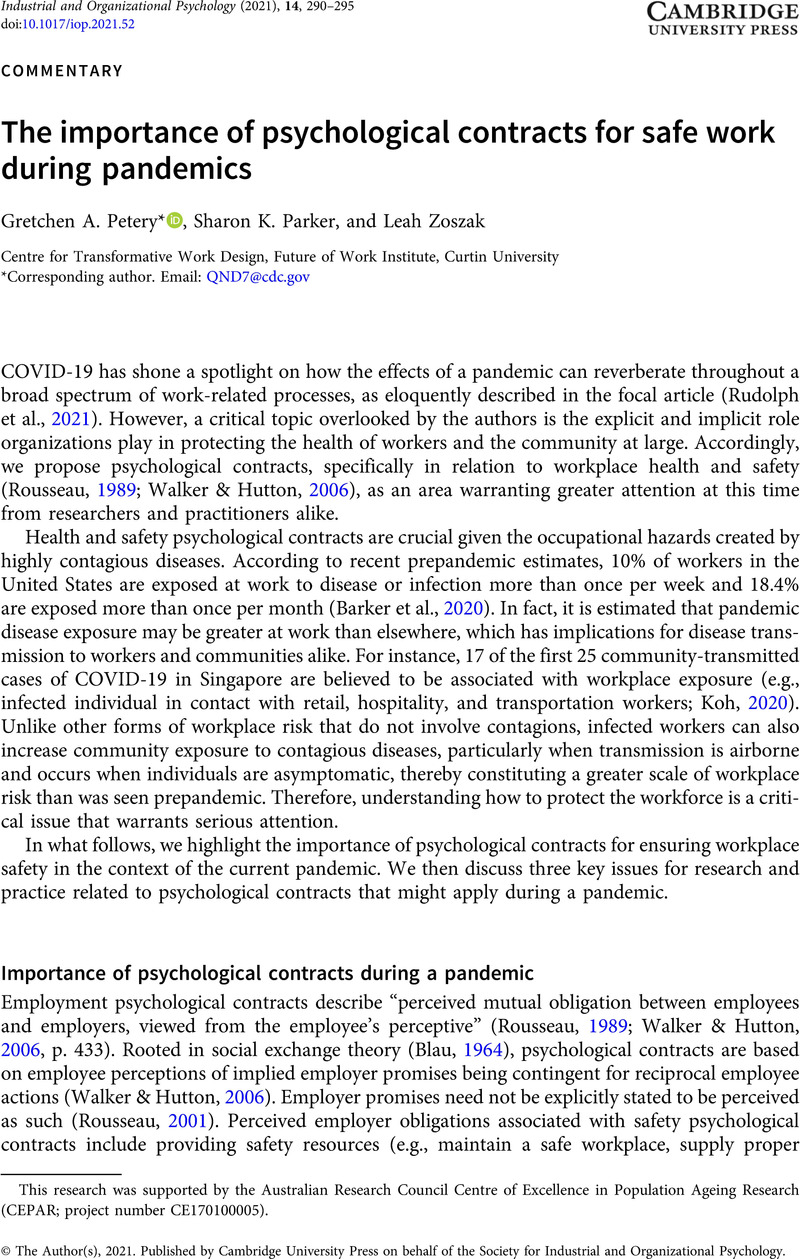Crossref Citations
This article has been cited by the following publications. This list is generated based on data provided by Crossref.
Asante, Daniel
Tang, Chunyong
Kwamega, Michael
and
Asante, Eric Adom
2022.
In pursuit of service encounter quality: Will service-oriented high-performance work systems benefit high-contact service industries?.
Journal of Retailing and Consumer Services,
Vol. 68,
Issue. ,
p.
103037.
Asante, Daniel
Tang, Chunyong
Asante, Eric Adom
Kwamega, Michael
and
Opoku-Danso, Alexander
2023.
Leveraging perceived HPWS to improve service encounter quality in high-contact service industries.
Journal of Retailing and Consumer Services,
Vol. 73,
Issue. ,
p.
103344.
De Ruiter, Melanie
and
Schalk, Rene
2023.
Virtual Management and the New Normal.
p.
121.
Zeb, Faheem
Wang, Qingjin
and
Shahjehan, Asad
2023.
Hypocrisy is the tribute that vice pays to virtue: Dynamics of perceived organization hypocrisy and job embeddedness in the hospitality industry.
Frontiers in Psychology,
Vol. 13,
Issue. ,
Mamacı, Merve
2024.
PERSPECTIVES OF PSYCHOLOGISTS TOWARDS THE FIELD OF ERGONOMICS: A QUALITATIVE STUDY.
Ergonomi,
Vol. 7,
Issue. 3,
p.
236.



